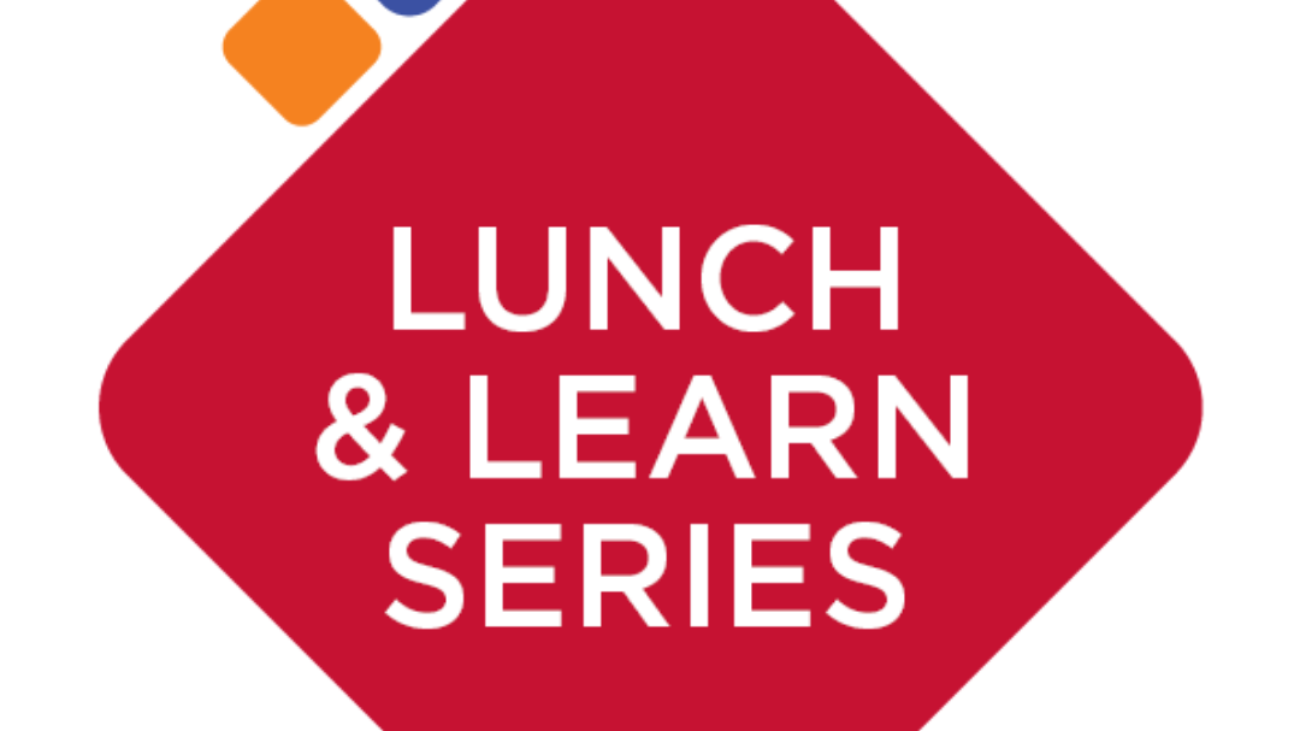 Haymarket Media’s Rheum Advisor on Air—a 2022 Neal Awards finalist for Best Podcast—has made a commitment to give their audience access to a diverse array of voices. Podcasts give media companies, publishers and associations a wonderful opportunity to showcase voices that may not have always been heard. And maybe win an award in the process.
Haymarket Media’s Rheum Advisor on Air—a 2022 Neal Awards finalist for Best Podcast—has made a commitment to give their audience access to a diverse array of voices. Podcasts give media companies, publishers and associations a wonderful opportunity to showcase voices that may not have always been heard. And maybe win an award in the process.
Cue the music and featured quotes:
“Only one-third of rheumatology practices in America have an affiliated social worker or psychologist.”
“These are stressful times that us and our patients are living in. It’s important to check in with your patients…”
“We’ve just hit the tip of the iceberg in terms of researching this.”
 “Welcome to Rheum Advisor on Air, the official podcast of Rheumatology Advisor, one of Haymarket Media’s leading publications… I’m your host, Meghna Rao. In this limited series, we’re focusing on…”
“Welcome to Rheum Advisor on Air, the official podcast of Rheumatology Advisor, one of Haymarket Media’s leading publications… I’m your host, Meghna Rao. In this limited series, we’re focusing on…”
And so begins this outstanding podcast—a 2022 Neals Award finalist for Best Podcast in brand revenue of less than $3 million—in an 18-minute episode from early last year. Finalists in this category show a lot of admirable and replicable traits. Let’s take a look at some of those: (See all the Neal Award finalists here.)
Elevate your editorial stars. Rao (pictured here), editor of Rheumatology Advisor, excels as Rheum Advisor on Air host. The episode referred to above also builds on their all-virtual conference in 2020. “We have a full house today,” she begins. “Let’s address the elephant in the room, as your ACR presentation was aptly titled…”
Give your CEO another stage to shine. Another finalist, Voices in Healthcare Finance from the Healthcare Financial Management Association, starts similarly to Rheum Advisor with a key quote and music. And then host Erika Grotto, HFMA’s senior editor, multimedia strategy, introduces their president and CEO Joe Fifer for his interview with Brian Castrucci, an epidemiologist and CEO of the de Beaumont Foundation, on policies to improve public health. It humanizes Fifer and let’s their audience relate to him in another way—especially with the virtual nature of the last two years. He engages in an initial light chat with Castrucci about the recent ascendancy of epidemiologists.
The Neal Awards ceremony will take place in person at the Marriott Marquis in New York City on April 26 at 11:30 am. Register here. For those editorial folks interested, there will also be an in-person meeting of AM&P Network’s Editorial Council at the Marriott Marquis at 9:30 am that morning. All members are invited to attend—more details to follow.
Play the best quotes at the beginning. Starting a podcast with music and quotes appears to be the trend. That’s how a third finalist in the category, All Things Photonics from Photonics Media, Laurin Publishing Company, also begins. This podcast focuses on the physical science of light. The episode I listened to—Bishnu Pal: A Guide Through Guided Wave Optics—was the longest one of the finalists at 43 minutes. Their associate editor begins with the week’s top stories. They air biweekly on Tuesdays. Pal wrote the book Frontiers in Guided Wave Optics and Optoelectronics, so this is specialized stuff.
Interview awards finalists. I learned about these podcasts because of the Neal Awards. Similarly, the fourth finalist in this podcast category—Randall Reilly’s Overdrive Radio—airs wonderful stories from their Owner-Operator of the Year award finalists, one of whom will take home $25,000 as the winner. Multi-Neal Award winning author Todd Dills shows up in another role as podcast host and displays a natural flair for it. “Every owner-operator out there has an origin story for his or her entry into the trucking business, whether simple or windingly complicated … or embellished for effect, as it were,” begins Dills. “That’s no less true of this year’s…” Oh and make it four for four with a quote and music as the intro.
Give your podcast its own identity and website. Last year Randall-Reilly was also a finalist for their Over the Road podcast, an eight-part series that gave “voice to the trials and triumphs of America’s long haul truckers.” In addition to a special website, Overdrive put together an impressive video trailer for Over the Road. A leading podcast consultant, Blake Althen from Human Factor (look for him this year at our AMPLIFY event June 22-23 in Washington DC), advised us a few years ago to give your podcast a separate presence and website, but I still don’t see it that much. Over the Road does have one, however, and it stands out.
Monetize your podcast. Overdrive Radio is the only one of the four finalists that plays a sponsor message in its podcast. Dills’ transition to it is smooth. “Hear the stories on the other side of a quick break from FirstGuard, Overdrive Radio’s sponsor.” They get a 30-second, well-produced commercial. Althen told me last week that sponsorships vary—some do it pre-roll (at the beginning like Overdrive), some do it mid-roll, and other podcast producers tell him they’re just not interested in that, he said. It’s all about the engagement and their standing in the industry.


















